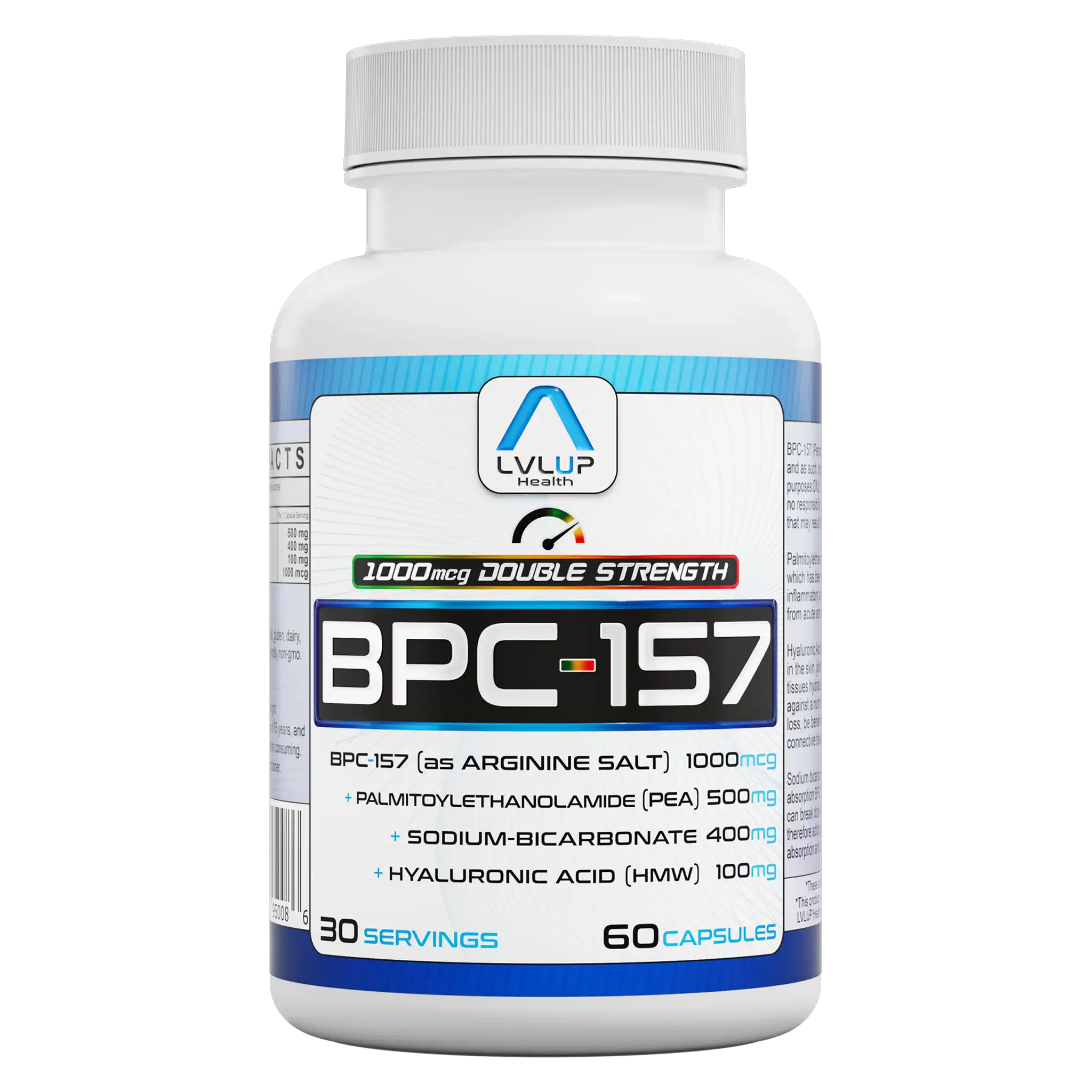Elemental Magnesium
About Elemental Magnesium
Understanding Elemental Magnesium
When you see “elemental magnesium” on a label, it tells you the actual milligrams of usable magnesium per dose. This matters because supplements like citrate, glycinate, or oxide contain different percentages of magnesium. Knowing the elemental content helps you track your intake and compare products effectively.
Roles in the Body
Magnesium is found throughout your body. About half of it is stored in your bones, with the rest in muscles and nerves for signaling and contraction. Issues like restless sleep, leg cramps, or fatigue might relate to low magnesium levels.
Supplement Formula Uses
Elemental magnesium is common in supplements for its calming effects and muscle support. It’s popular when stress peaks – think tense shoulders or racing thoughts at bedtime. Athletes often use it post-exercise to aid muscle relaxation and maintain electrolyte balance.
Importance of Form
You’ll find magnesium as citrate, glycinate, oxide, or malate. Each has a unique absorption rate and digestive impact. Citrate is fast-acting, oxide lasts longer but isn’t absorbed well, and glycinate is gentle on the stomach. Always check the elemental magnesium per serving.
Magnesium in Daily Life
Modern diets can lack magnesium due to processed foods and depleted soils. If you’re not big on salads or nuts, or if your water lacks minerals, supplements might help. It’s often used after workouts or at bedtime alongside other calming nutrients.
Found In
Formulated With
Detailed Information
Biochemical Role
Magnesium (Mg2+) acts as a crucial cofactor in over 300 enzymatic reactions, including those related to nucleic acid stability, ATP synthesis, protein synthesis, mitochondrial energy production, and glycolysis. Its binding with ATP makes it vital for metabolic processes across all cells.
Neuromuscular Functions
Mg2+ helps control neural excitability by blocking NMDA-type glutamate receptors, limiting harmful calcium influx that could lead to excitotoxicity. It also inhibits voltage-gated calcium channels in smooth muscle, affecting vascular tone and providing mild laxative effects through gut motility regulation.
Bioavailability and Clinical Applications
Different magnesium forms have varying bioavailability due to solubility and intestinal transporter interactions. Organic chelates like glycinate are generally better absorbed than inorganic salts like oxide. Clinically, magnesium aids in migraine prevention, menstrual symptom regulation, and correcting magnesium deficiencies often seen in chronic inflammation.





